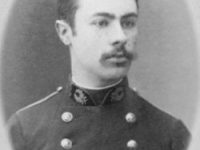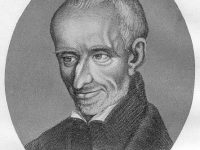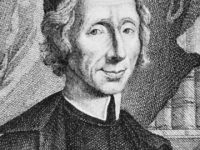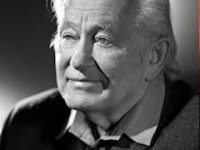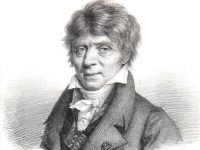André Blondel and the Oscillograph
On August 28, 1863, French engineer and physicist André-Eugène Blondel was born. Blondel is the inventor of the electromechanical oscillograph, a device that allowed electrical researchers to observe the intensity of alternating currents, and a system of photometric units of measurement, such as the lumen and other new photometric units for use in photometry, based on the metre and the Violle candle. André Blondel – Early Years André Blondel was the only son of…
Read more

